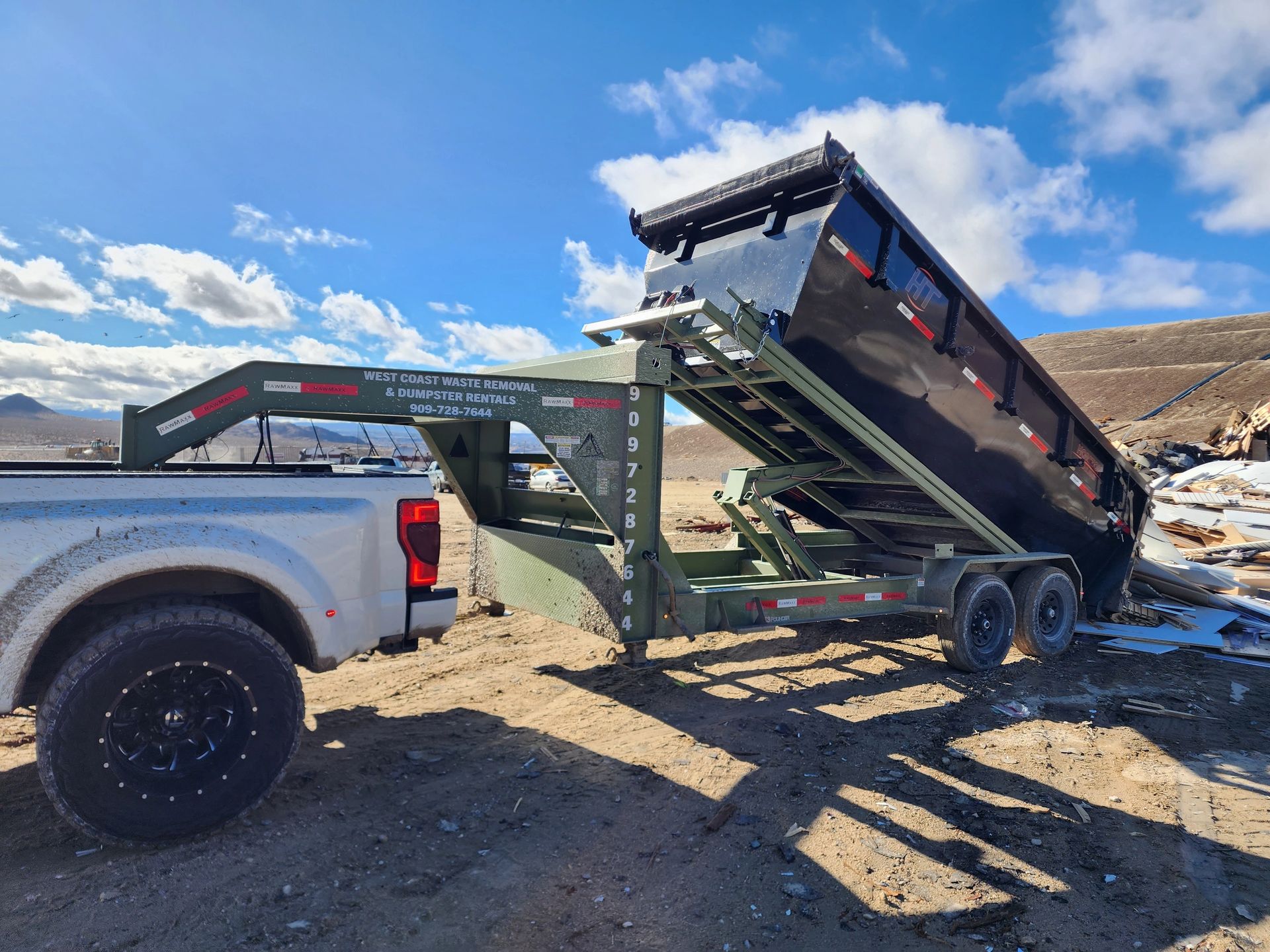Our Comprehensive guide to Waste Management Services
Intro to Waste Management
What is proper waste management and how does it help our communities and environment?
- Waste management is the multitude of ways to dispose of and properly manage our waste. This can be accomplished by discarding, processing, recycling, destroying, reusing, or even controlling the wastes. The main objective of waste management is to minimize the amount of materials that go unused and avoid environmental and health hazards.
- There are multiple different types of waste that are generated and each has their own unique disposal methods. Some of these are municipal solid waste, hazardous waste, agricultural and animal waste, medical waste, industrial non-hazardous waste, radioactive waste, construction and demolition waste, oil and gas production waste, and multiple other types.
- The proper disposal of all these waste types different although the process of how the waste gets where it needs to go is similar. The waste is collected by proper means, then it is transported to the proper facility by waste types. Sometimes the waste is treated depending upon discard methods. The waste process is monitored by regulatory state and federal officials to ensure environmental and physical health and safety.
The importance of an efficient Waste Management process
There are many environmental benefits to having an efficient waste management process.
- Maintaining the health of our environment being on the forefront of importance there are also other factors that are beneficial. An efficient system in place will save on costs and reduce disposal process expenses. Being able to reuse a lot of our waste also makes less of a need to continue extracting resources and lowers the probability of contamination.
- efficient waste management processes also stimulate the economy. They ensure local jobs and maintain a standard in each community. Recycling processes alone in the United States accounts for almost 700000 jobs annually.
- Some social implications also come into play when our waste management processes are efficient. Our local communities become more clean and vibrant attracting more and more folks to moving into these clean beautiful regions.
The Evolution of Waste Management Practices
Historically waste management goes back a long way.
- All the way back to 3000 b.c. where the very first recorded landfill was created in modern day Greece. It started as large holes just to dump the refuse. By around 2000 b.c. the Chinese had developed recycling and composting methods. In modern history we have developed methods to minimize odors as well as environmental safety hazards.
- Some technological advancements over the years include recycling, composting, rdf or refuse derived fuels, pyrolysis, incineration, engineered landfills, and many more types.
- There are several future trends in waste management including the adoption of smart waste management solutions, The future sees systems aiding in the process including: sensors, internet, transportation, collection, data analytics to optimize the waste management processes.

More on Waste Management
Great Waste Management Solutions
Regular Waste pickup services
There are several different types of waste to be collected
- The most common is residential waste. Also the majority of larger volume waste comes from commercial local business wastes. Some types of wastes include Recyclable waste, liquid waste, plastics, and organic waste
- Collection schedules are another part of the waste management process. Most small or large scale waste management companies will deliver roll off dumpster bins or trash cans that are scheduled for pickup around the same day weekly or same times monthly for larger dumpsters.
- There are many things you can do to sort or separate your waste to save time and become more efficient. Some of these are washing leftovers to minimize diseases, composting as much as you can. If your company has a compactor use it as often as possible. Separate recyclable products including metals and glasses.
Recyclable Waste Collections
There are many recyclable materials that can help save the community and environments.
- Some of these recyclable materials include plastic, material, metals, glass, papers, and more.
- Here are some of the major benefits to effective recycling. Minimizing greenhouse gas emissions, conserving natural resources, natural resources reuse, and reducing pollution.
- Some good ways to prepare your recyclables is for one use no bags. Make sure the items are clean, empty and dry. Combining materials classifies them as trash. Know the plastics. Try to never allow more than one teaspoon of liquid in your recyclables.
